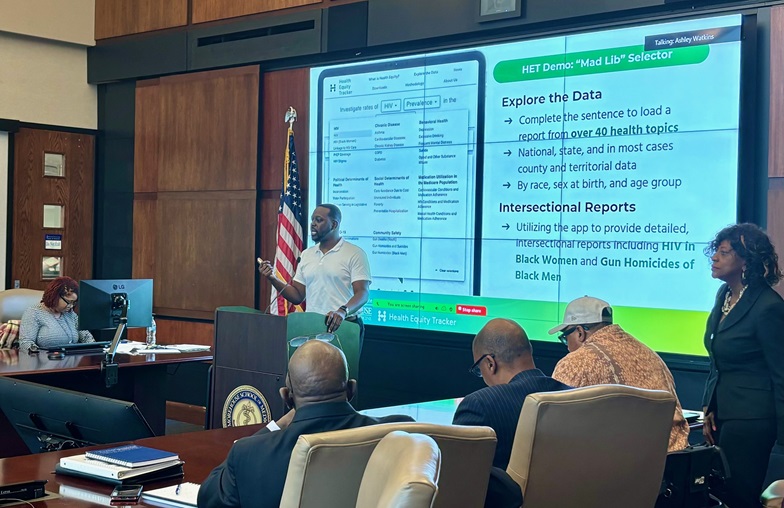By Sarah Hammond, Atlanta News First
Solving the gun violence epidemic with data is what a group of Atlanta leaders came together to do Wednesday, September 18.
During a roundtable discussion, representatives from Morehouse School of Medicine, the nonprofit 100 Black Men of Atlanta, law enforcement and elected officials discussed paths forward.
Organizers said the meeting was to gather ideas ahead of a major symposium to present solutions next year.
As an emergency physician, Dr. Adrian Tyndall has seen the impact of gun violence firsthand.
“I’ve been facing this issue for the last 27 years,” Tyndall, Dean and Executive Vice President of Morehouse School of Medicine, said.
Tyndall said the problem is not going away on its own.
“Clearly, we need more. We need more sustainability. We need more partners. We need to understand what the underlying cause of this is and ensure that we can actually stop it at its source,” he said.
During the discussion, Atlanta Police Chief Darin Schierbaum told the group the number one cause of gun violence in Atlanta is escalating disputes. He said it equates to 35% of the total homicides.
“Friends are killing friends. Someone you were just playing a video game with, and you just take their life,” he said.
The police chief said the second leading cause is domestic violence, which he calls a disturbing trend in the last year.
Gang-motivated shootings, sudden anger because of mental health problems, drugs or alcohol, and robberies make up the rest of the top five biggest causes in Atlanta.
Schierbaum said 90 people have been killed in the city since the beginning of the year.
Joining forces with community leaders, Larry Johnson with 100 Black Men of Atlanta and the Co-Chair of the Anti-Gun Violence Committee, said using the data can help find solutions.
“All of our actions are driven by the data. If you follow the data, then you’ll be able to put together programs and resources to address the different situations because this whole gun violence situation is so vast,” he said.
That’s why the Health Equity Tracker created by the Satcher Health Leadership Institute at Morehouse School of Medicine is releasing five new data topics surrounding gun-involved deaths to help make this happen.
“What are the paths forward? We have the data. Here’s how we use it to make a difference,” said Evan Martin, Program Manager with the Satcher Health Leadership Institute.
That data provides detailed statistics on current trends in lethal violence, identifies key points of concern, and explores innovative strategies for preventing lethal violence, which will help create collaborative initiatives and action plans to reduce deaths.
“It’s not just about saving lives, it’s really about preventing the violence to begin with,” said Tyndall.
The goal is to come together again in 2025 for a larger event with tangible solutions to tackle the problem.

